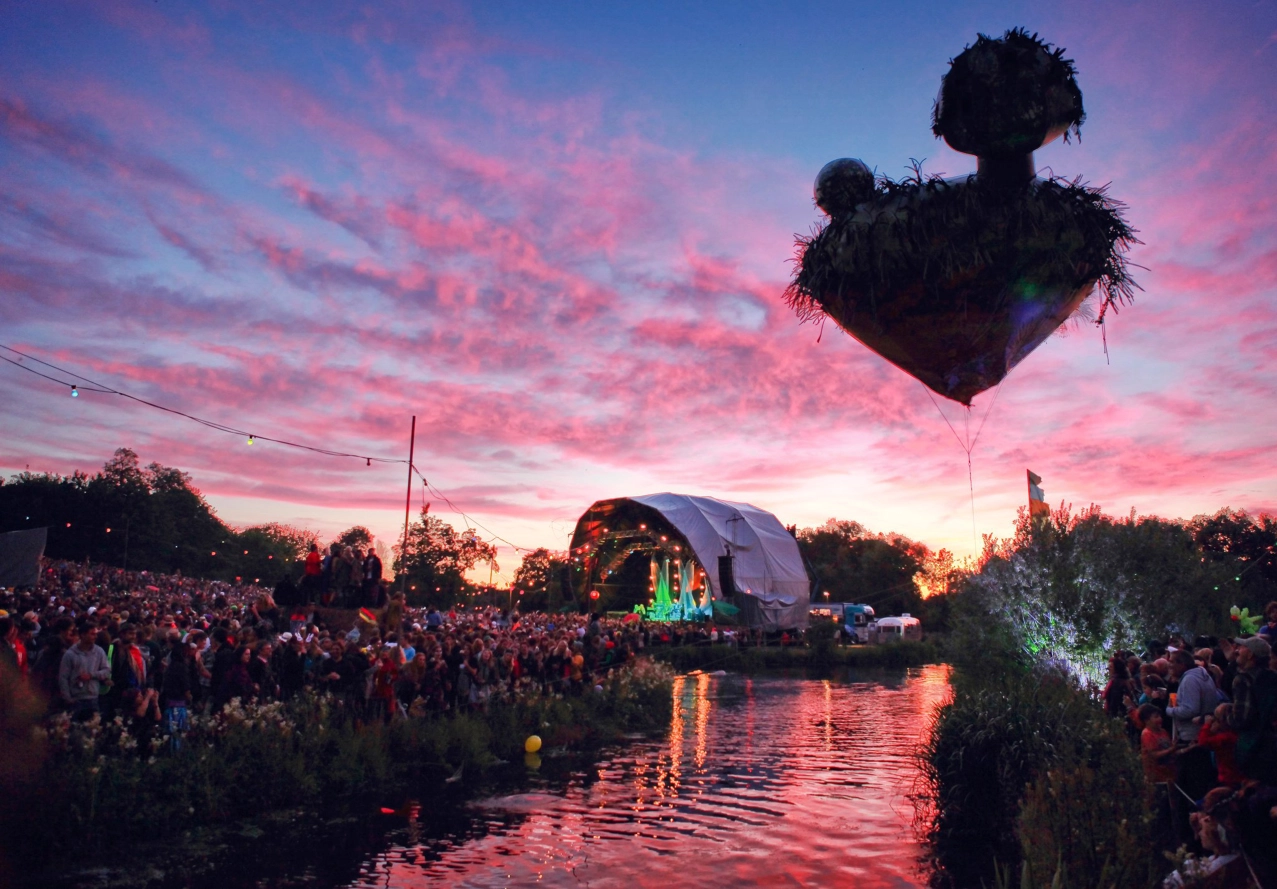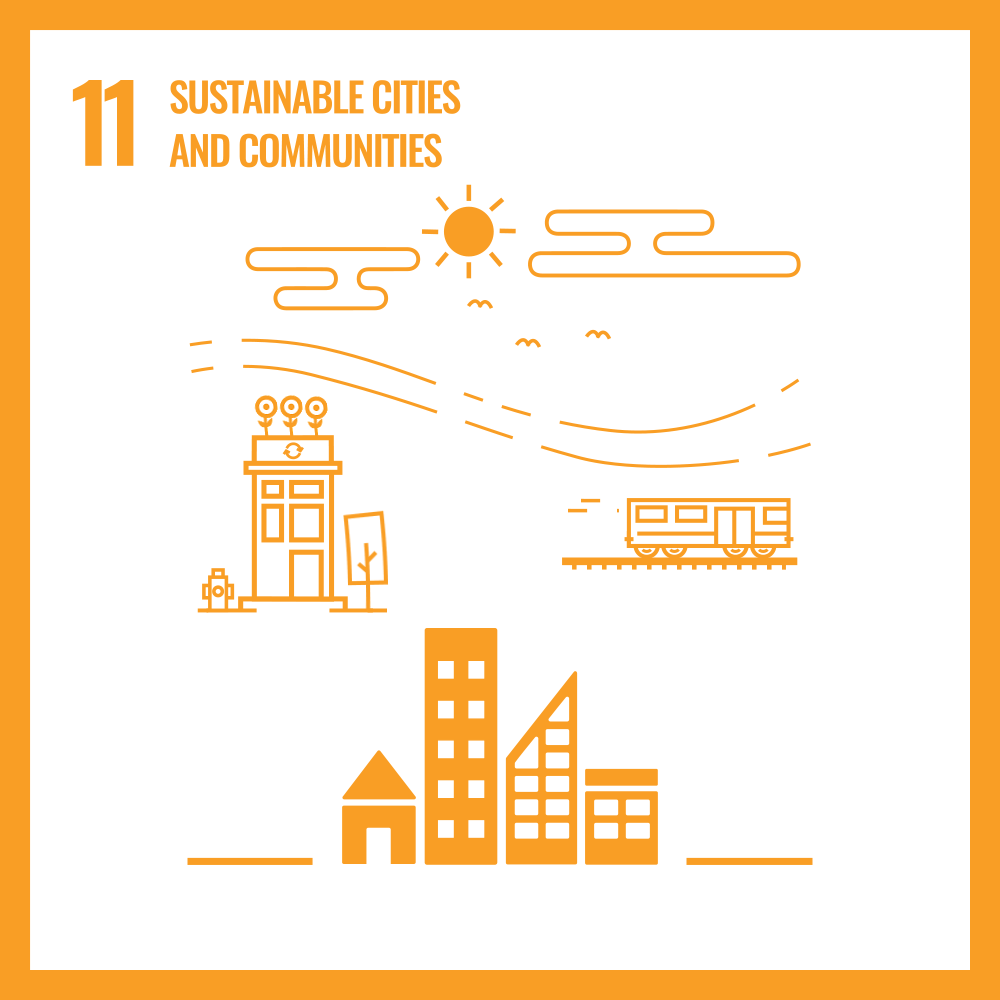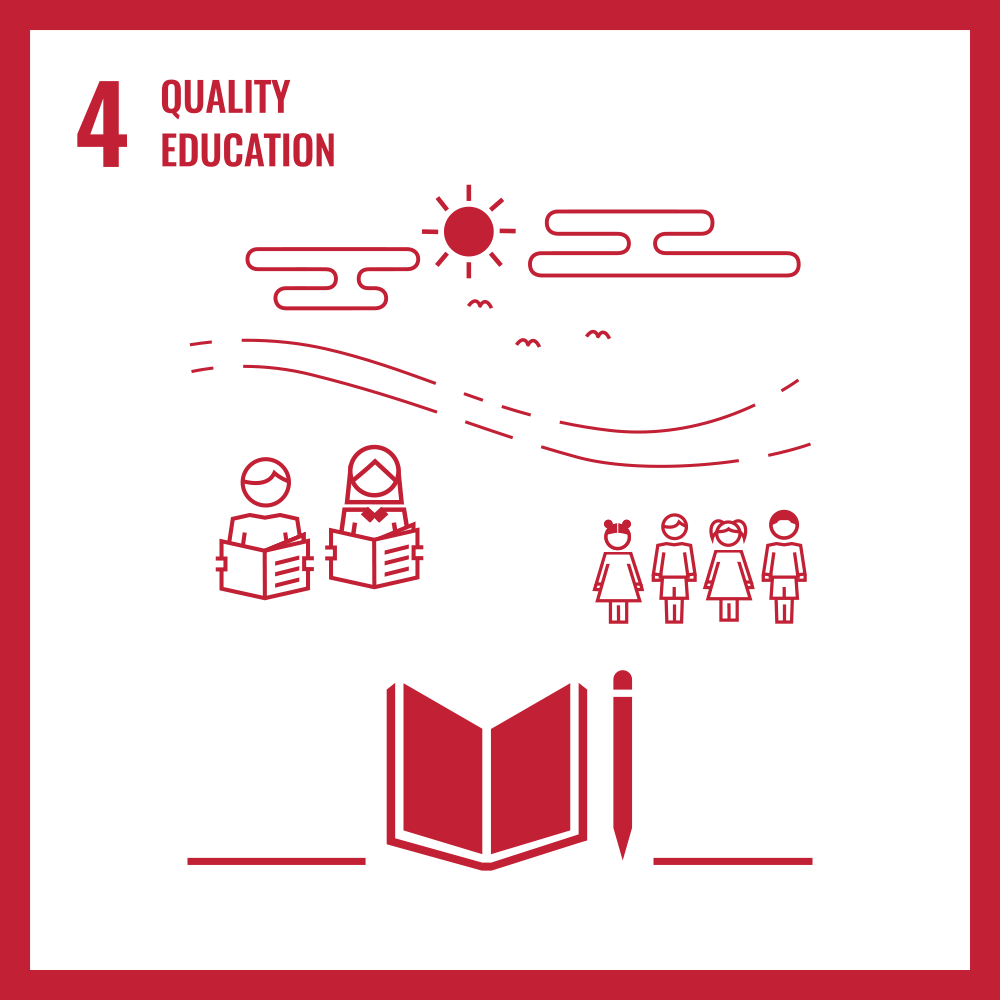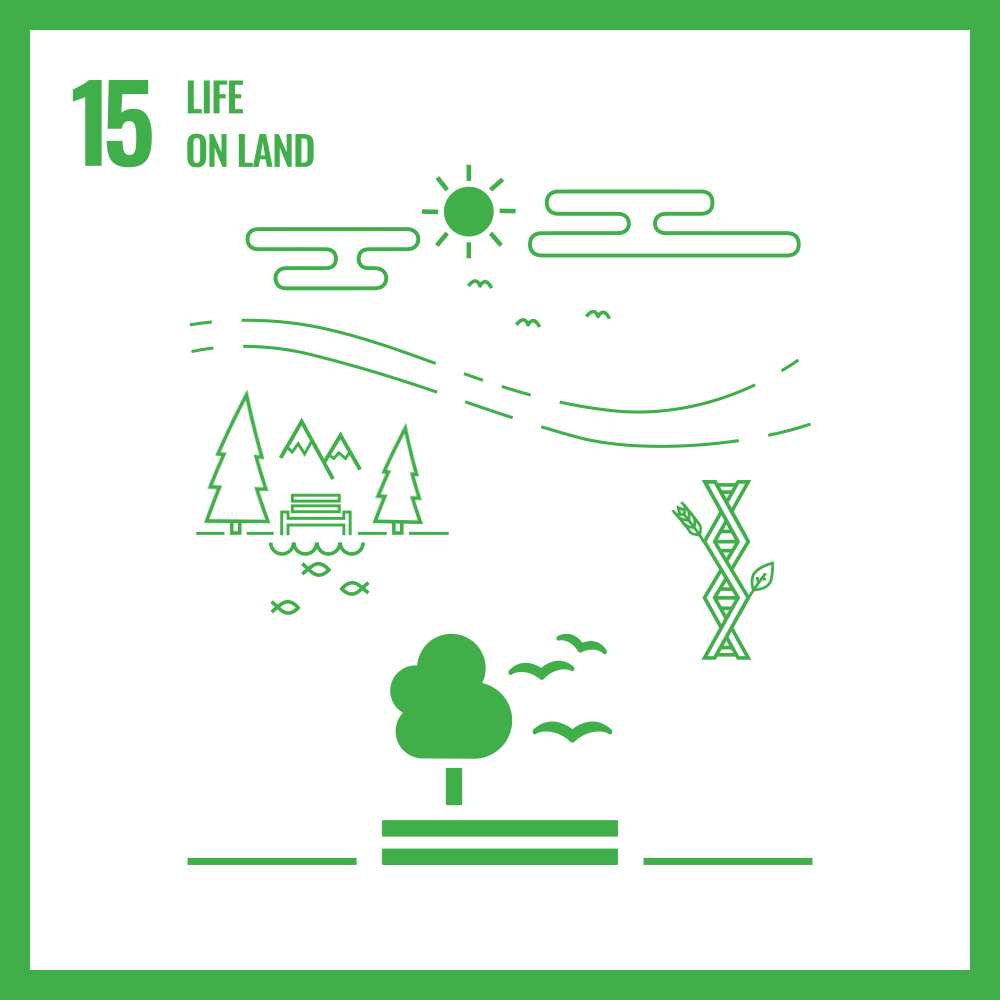
Over the last year I have been developing a STEAM-based botanical project called “Mindful Garden: Visualising the Unseen". As an art-science multi-disciplinary project, it promotes fun and exciting hands on learning for children with botany through engagement with scientific processes and artistic visualisation. Children are encouraged to explore plants through the senses and investigate the unseen using microscopes. This project aims to contribute to the development of effective science education methods for children and to support children's interest and knowledge in botany.
Botany is an important branch of science that researches plant classification, properties and cell structure. Learning about plants is essential for understanding our natural world and is an example of a STEM subject. STEM stands for Science, Technology, Engineering and Mathematics. STEM subjects are proven to help with obtaining transferable skills, increase employability and promote meaningful change, which puts emphasis on why it is important for children to learn Botany. More recently STEAM integrates art into STEM, as research suggests 57 percent of leaders value soft skills such as art more than hard skills. Likewise, Botany is a research subject that aids environmental care, and fits within the Green Sector. The Green Sector can be described as the "focus on restoring the natural environment", again supporting the argument why this project is so valuable for children.
Figures 2 - 12.
Mindful Garden has exhibited at various educational venues such as: The Science + Media Museum, Bradford Science Festival, Daresbury Open Day 2023 and Sefton Palm House (see figures 2 - 12). Recently as part of the Sefton Palm House: Bird Cage Programme. I ran a workshop aimed at the home schooling community. From parent feedback I was made aware that there was a lack of STEAM based workshops in the Merseyside area that focused on teaching children Botany. Likewise from my previous observations from past workshops around the UK, including school drop-in sessions, I have noticed in some cases Mindful Garden has been some children's first encounter with microscopic equipment and explorative sessions with plants for school educated children. This has made me feel concerned that there might not be enough creative hands on experiences with botany for primary school-aged children in the class room as well as those who are home educated. This could lead to the phenomenon described as "plant blindness". Research suggests people with a lack of knowledge about plants tend to "overlook the importance of plants in the biosphere." This might affect children seeking careers in herbariums, plant sciences, botanical gardens or museum institutions. Likewise further research suggests plant blindness may hinder achieving important global sustainability goals and Net Zero.
Since these observations I have been exploring how Mindful Garden can positively impact primary school aged children by exposing them to botany. Impact can be an effect, change or benefit on society, the environment or policy making. Universities such as Liverpool John Moores use impact as a key priority outlined in their Research and Knowledge Exchange Plan. With the aim to develop "profoundly transformational change locally, nationally and globally". Impact can help improve a wide range of ecological and environmental issues such as setting international guidelines for threatened species translocations. Gemma Reed describes public engagement "as a range of methods to involve members of the public in to research" this can include community engagement.
Einstein's Garden at the Green Man's Music Festival is a successful science and environmental public engagement event which allows members of the public at the music festival to drop in and engage in fun science-based activities in unexpected ways. The Einstein's Garden program combines science, art, and nature through a variety of activities such as music, comedy, theatre, science shows and workshops delivered by artists and scientists.

Ellen Dowell investigated the effectiveness of the science-based activities and concluded the activities had a high impact on the public (see figure 14). The audience found the activities to be "fun" which helped participants to engage with "serious topics in a not so serious way" and this added to their enjoyment. Concluding that unexpected encounters with science activities can be engaging and educational so long as there is an element of "fun entertainment".

Figure 15: Floating Land environmental art festival: Twitterington, L. (2012) Floating island, laurencesymonds. Figure 16: The People’s Garden ecovisualization: Bohmer, S. and Chelsea (2013) The People’s Garden, Research portal. Figure 17: Understanding the affective experience of public engagement with film. Langdridge, D., Gabb, J. and Lawson, J. (2019) Understanding the affective experience of public engagement with film.
"Catalysts for Change: Creative Practice as an Environmental Engagement" also use public surveys to assess the impact of public engagement art events at Floating Land environmental art festival and The People’s Garden ecovisualization. On the other hand other methods such as conducting one to one interviews can be used to assess impact like in "understanding the affective experience of public engagement with film".
On Wednesday 3rd April I was invited back to the Sefton Palm House to run another Mindful Garden workshop as part of their Spring Programme during the Easter holidays. The botanical sessions required online booking to confirm attendance and all spaces were fully booked highlighting demand for the art-science activity. Using Einsteins Garden as a case study I became inspired to emphasise fun in the workshop by setting up a new activity which involved the children painting plant pots and planting seeds. Research suggests art is an unrestricted exploration activity that allows children to free play. It can help children form connections in their brain meaning it is a fun activity that can also help children learn through exploration and experimentation (See figures 18 - 24).







With ethical approval I asked the children's parents to complete an anonymous survey at the end of each session to investigate the workshops impact. This was the most effective method to get quick, quantitative data at the end of each session. As the workshop was run during the Easter holiday the children who participated in the workshop were a mix of children who were school educated and home educated. The main aim of the survey was to explore the impact of the workshop alongside explore whether there is a need for botanical workshops as an augment to school encounters for primary school age children. Below are some of my findings.
Figures 25 - 29.
Feedback from parents included:
"Inclusive for all ages."
"Kids had lots of fun, very engaging and would love to attend again in the future! Loved the educational aspect. They are home educated and I'm looking to educate them more on these things."
"Very interesting combining art and science and botany! Thanks!"
From this I have evaluated Mindful Garden: Visualising the Unseen workshop
using the results from the survey and conclude that all parents felt their children enjoyed the Mindful Garden workshop with all scoring 5 satisfaction (see figure 25). In terms of impact the responses were positive that the delivery of the workshop using both art and science (STEAM) was engaging and scored an average of 4.83 satisfaction (see figure 26) and most parents felt the workshop was educational with an average satisfaction score of 4.75 (see figure 27). Interestingly mixed feedback suggests parents are less confident that their children's school provide sufficient botany teaching with an average satisfaction score of 3.08 (see figure 28) and only 2.83 satisfaction score to whether their children have attended a botanical workshop before (see figure 29). Exploring the survey in detail suggests that the workshop ran by Mindful Garden has been beneficial for the children’s learning and overall has had a high impact on the children.
Factors such as limited funding and resources are a factor to why primary schools might struggle with delivering exciting teaching on a day-to-day basis. According to NEU members ahead of the Chancellor's Statement 2023, they highlight school funding levels are currently inadequate with 85% of teachers feel schools are not able to provide appropriate learning recourses due to inadequate funding. Likewise with the current cost of living crisis, research highlights a quarter of parents have reported to have spent less on educational devices and 20% of parents said they were buying fewer books for their children, suggesting funding affects both home and school educated children.
Furthermore new research has found 72% of primary school teachers feel there is intense pressure to teach children the full curriculum which is resulting in a decline in engagement with STEM subjects. STEAM education is a relatively new concept and research is constantly exploring the benefits of STEAM such as promoting critical thinking that is needed in todays digital era. Furthermore "plants are not boring, school botany is" supports the need for STEAM education highlighted in the research objectives five and six which analysed the attitudes and interests by biology teachers desiring new way to make botany more attractive as a subject. Conclusions drawn from the research suggest that botany would be more interesting with active teaching methods and references to everyday contexts.
Arguably science is a compulsory subject taught to all children at primary school age but I conclude the research gathered from the survey suggests there is a need for public engagement with botany as an augment to school encounters. However going forward I propose to continue collecting impact surveys as a way to track public feedback and assess impact. This will allow for quantitive data that will form a solid conclusion and can be used to highlight the essential need for STEAM workshops in botany. Museum institutions and charities have played an essential role in facilitating Mindful Garden so all children regardless of their education background can access the workshops in the community for free, whilst covering costs of materials and time to make the workshops possible. This highlights community involvement is integral for workshops like Mindful Garden to exist.
Profile

Samantha is a botanical artist and aspiring botanist based on the Wirral Peninsula.
Currently studying a Masters in Art in Science at Liverpool John Moores, Samantha's research explores the how artistic visualising can help public understanding with Botany. Samantha's previous project explored whether pharmacognosy and spirituality can merge together to help people with mental health problems, whilst researching the safety surrounding herbal medicine. This has led her to share scientific knowledge by creating a Materia Medica, a visual herbal remedy book. Samantha has a keen interest in nature and green spaces, and has worked on a project as a Green Intern at the university to help implement sustainability.
Outside of her research and practice, Samantha is a company owner of a handmade gift business.
Experience
Present MA Art in Science Student, Liverpool John Moores University Artist in Residence: Sefton Palm House Independent Contractor (Artist): Museum Group Student Researcher / Volunteer: World Museum
Mindful Garden Sustainable Development Goals:









































Comments